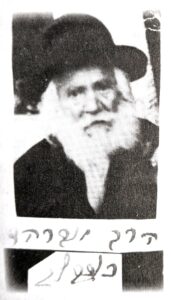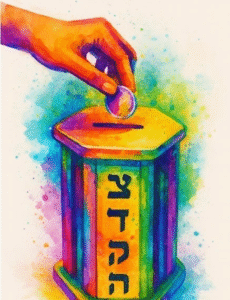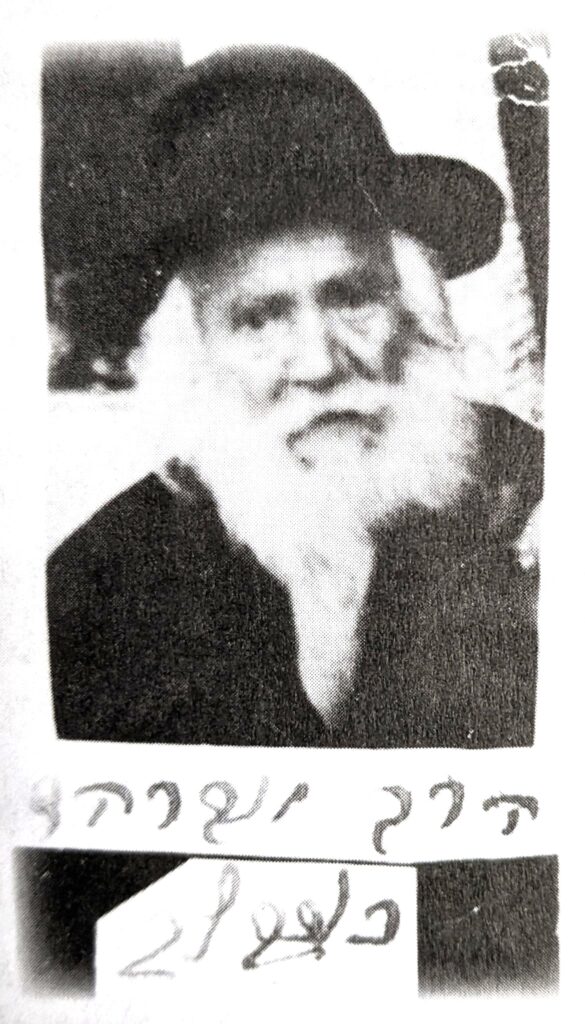“For I know that HaShem is great”
Rebbe Nachman’s book Sichos HaRan begins by explaining the verse “For I know that HaShem is great, and our Lord is more than all other gods” (Tehillim 135:5). Why does David HaMelekh say “I know”? Is there no one else who knows that HaShem is great?
Rebbe Nachman teaches us that what David HaMelekh said was that what he knows about HaShem only he knows and he cannot share it with others. It is impossible to give over to someone else what he understands about HaShem. Although David HaMelekh was the one that said this, he said it in ruach hakodesh, which means that it is true for every person who says it. Each person’s knowledge of HaShem is his alone. There is no way for him to pass on this knowledge. Not only that, but even a person with himself cannot explain to himself today the understanding of HaShem that he had yesterday.
Rabbi Zvi Aryeh Rosenfeld z”l explains that the reason for this that a person’s knowledge is in the upper sefirah of Chokhmah, while speech corresponds to the sefirah of Malkhus, the lowest of the sefiros. Malkhus is also called emunah, faith. Knowledge and emunah are complete opposites. When a person knows something there is no emunah necessary. One must have emunah only in something that he does not know. Therefore, knowledge is far away from emunah and speech. We can speak about our emunah, but we cannot give over to another person what we know of HaShem. On the other hand, emunah, speech, Malkhus, is the first step towards reaching knowledge, Chokhmah.
Each Jew has an obligation to know HaShem. Speech is the first step towards this knowledge. Rabbi Nachman’s main advice that he stressed to all of his students was hisbodedus, private, personal prayer that each person should have every day. Each person should spend at least one hour each day speaking to HaShem in his own words in the language most comfortable for him (Likutei Moharan II, 25). A person who fulfills this advice with consistency, will certainly reach his own personal knowledge of HaShem.
- 0 comment


























